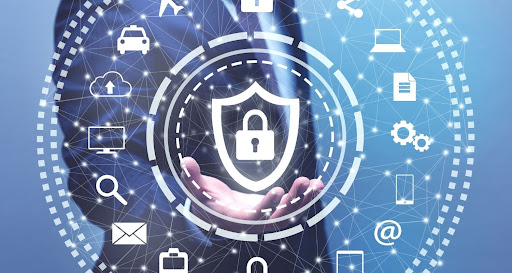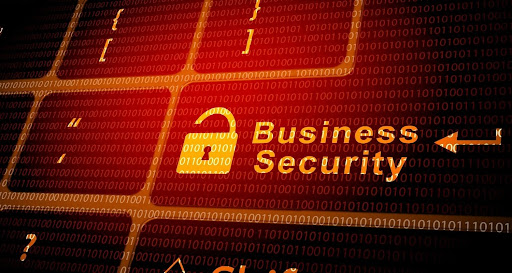Five reasons why you need MSS for your business
Despite rising awareness of the critical nature of proactive security measures, many firms continue to delay adopting solid security tactics until they experience a loss due to a data breach.
Businesses must handle IT security as the number of cyberattacks increases. Whether an organization’s security program is in its infancy or needs to enhance its security capabilities, managed security service providers are an ideal alternative.
- Constant Monitoring
Managed security services monitor your network 24 hours a day. Choosing to handle firm security in-house, on the other hand, requires a large investment in both personnel and technology. As a result, organizations increasingly seek help from managed security service providers.
- Rapid Response to Incidents
An MSSP that offers Incident Response and Event Investigation services has unmatched expertise in dealing with business security incidents. This safeguards the firm against future damage, ranging from single-system hacks to enterprise-wide incursions by progressive attack groups.
- Organization for Threat Reduction
An MSSP will monitor, analyze, and investigate harmful code and callbacks and detect security breaches. An MSSP use threat monitoring to evolve beyond the network and become a threat hunting organization, stopping assaults from ever entering.
- Expertise And Intelligence On Threats
A thorough grasp of cybersecurity technology helps managed security service providers maximize the managed security services and solutions they utilize individually. This enables them to reinforce their clients’ total network security architecture by mixing and matching the finest services and technologies for each business’s unique requirements.
- Spend Less
Acquiring a comprehensive suite of security technologies and solutions may be costly. A managed security services provider (MSSP) offers you a team of seasoned security professionals that will work for you at a fraction of the cost of building your own security personnel. These charges, however, are often less than the expense of maintaining a full-time in-house security team capable of competing with managed security services.
What Managed Security Services Are Available?
- SIEM
SIEM (Security Information and Event Management) systems are robust data collection solutions that amass huge amounts of information regarding network traffic and security incidents. On the other side, SIEM systems create a great deal of “noise” or unnecessary data.
- EDR
EDR (Endpoint Detection and Response) is a term that refers to the process of detecting and responding to threats in the endpoint environment. EDR is concerned with device activity rather than network activity – think laptops, servers, and other critical corporate equipment such as point-of-sale (POS) systems.
EDR focuses on threats that have escaped the Predict and Prevent functions, just two components of the PPDR cybersecurity system.
- MDR
Managed Detection and Response (MDR) is a service, not a product. What sets MDR apart is its emphasis on using technology and people to monitor IT assets to detect and react to genuine cybersecurity threats.
The technology behind an MDR service is vast, which is crucial when evaluating technology suppliers. The service’s ability to identify threats is limited by the technological stack that enables it.
- XDR
While the term XDR is generating more news these days, it is not new. Rather than that, it is a useful phrase to refer to a system that gathers and correlates data from several security measures in order to safeguard the IT infrastructure thoroughly.
Extended Detection and Response (XDR) may simplify point security systems, increase Security Operations Center (SOC) efficiency via increased automation, and enhance security outcomes while freeing up time for threat hunting and other strategic goals.

